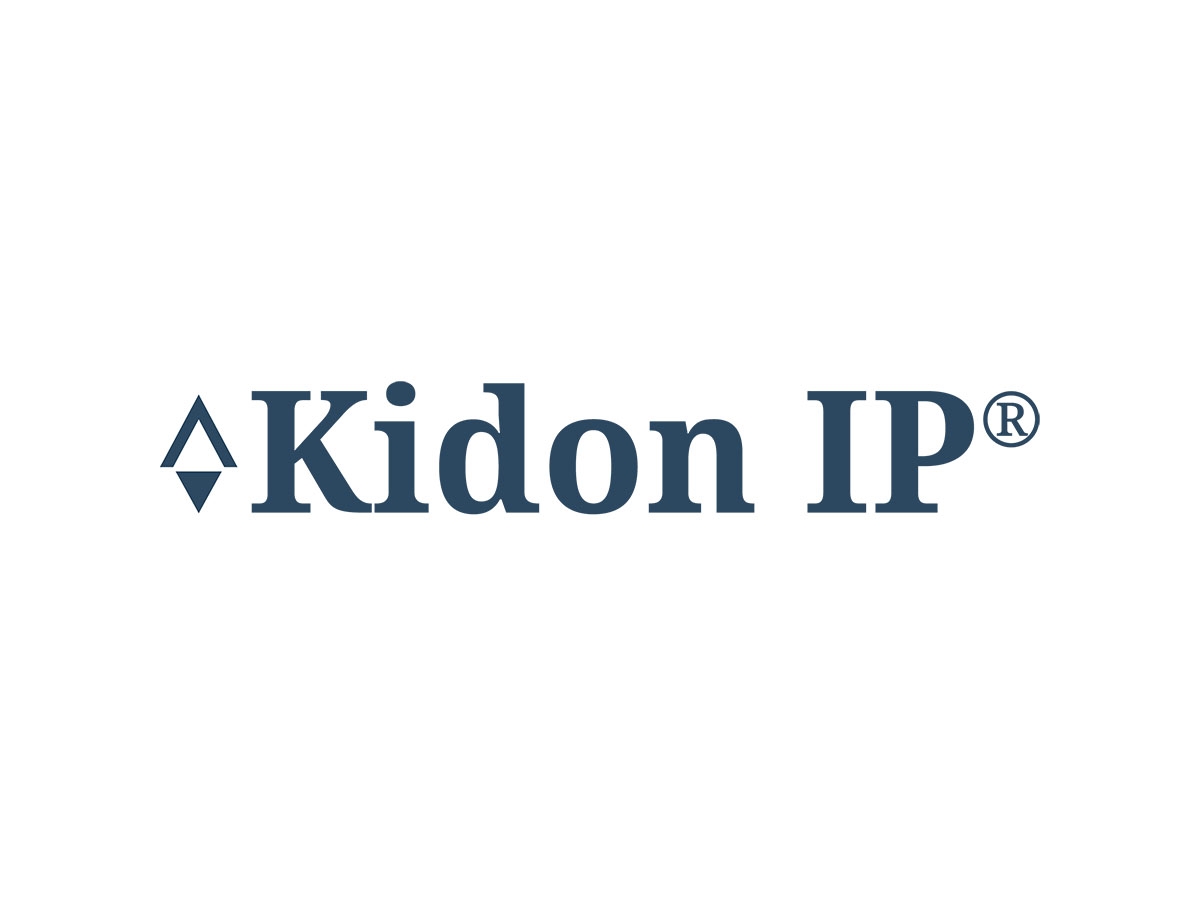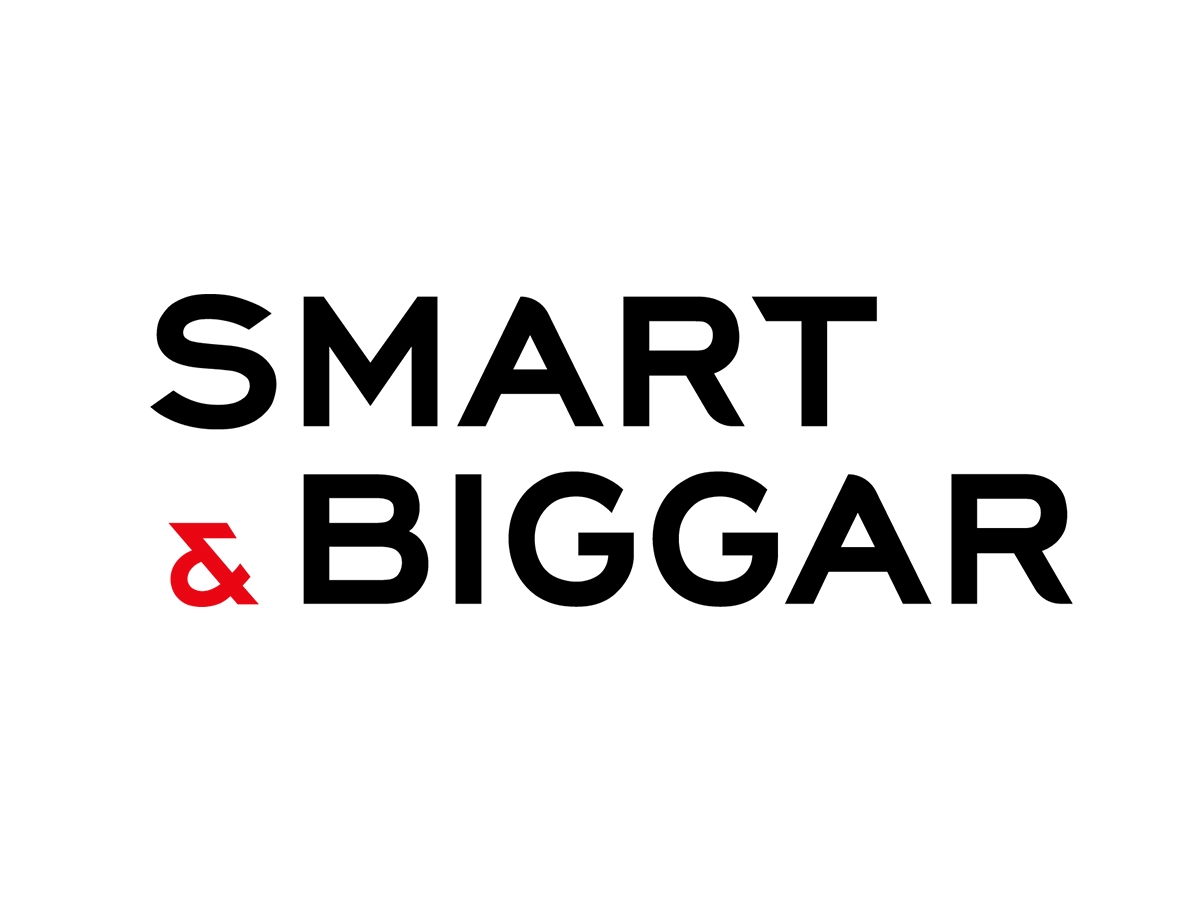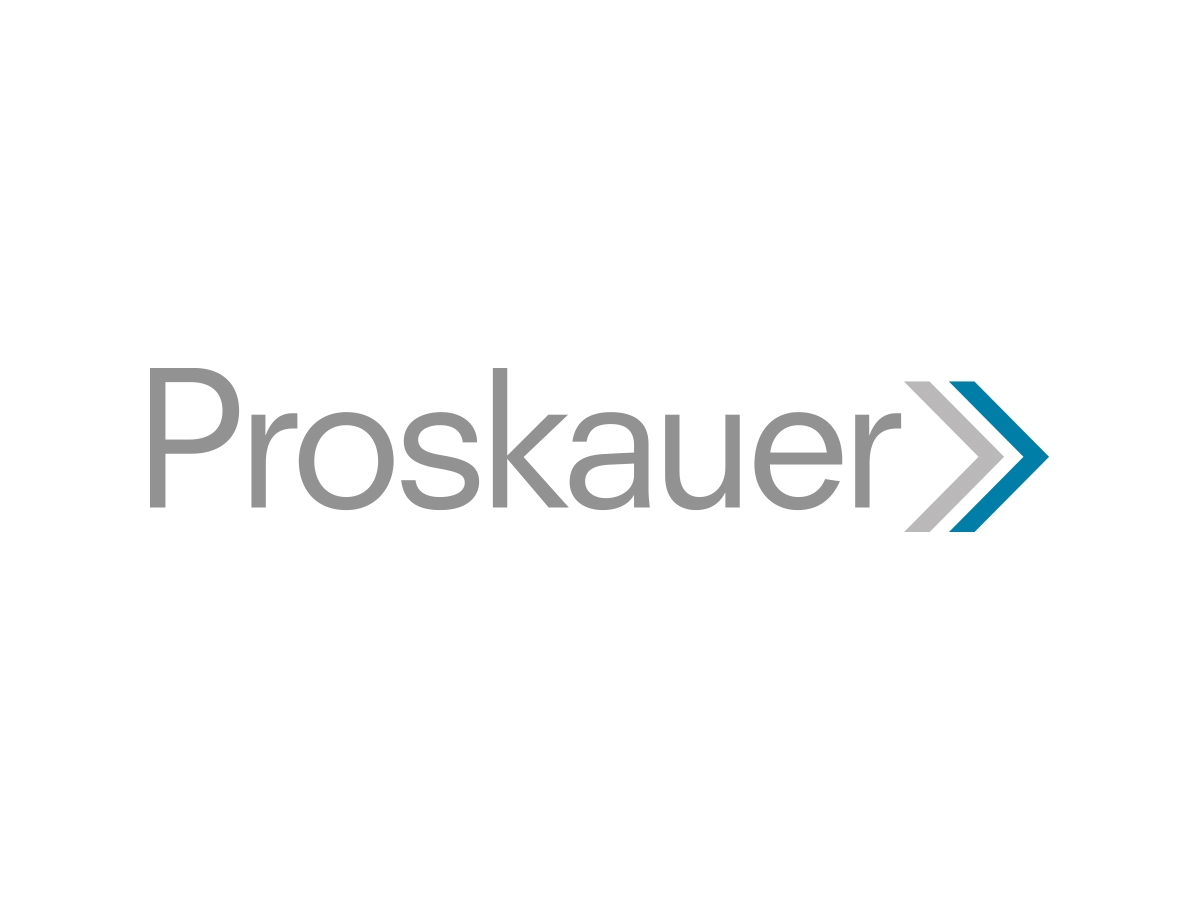Response to the USPTO, The ITA, and NIST call for Public Comments on Standards, Part 3 of 7 | Kidon IP
On November 6, 2023 I submitted a response to the public comments which can be found here. I have also included my comments in full on this blog in a series of posts including the below. The only change in my submission is that for each posts the footnoting was renumbered for just the individual post.
- What more can other entities do, such as standards development organizations, industry or consumer associations, academia, or U.S. businesses to help improve American leadership, participation in international standard setting, and/or increased participation of small to medium-sized enterprises that rely on the ability to readily license standard essential patents?
Standards development organizations need to have balanced IP policies. Before addressing what those might be, it is worth noting that this very questionnaire seems unsure whether the non-governmental organizations that generate standards are “setting” (in question 2) or “development” (in question 3) organizations. This may be crucial point underlying conceptual confusion. Standards development organizations “establish” standards, whether by consensus or decree. But those standards are generated outside the organization. Standards development organizations participate in the invention of the standard itself – it happens within the organization. While we acknowledge that these terms are often used interchangeably, after much reflection, we strongly prefer the term “standards development organizations” which is also consistent with the terminology used by U.S. Congress and the executive branch.[1] This is for the very simple reason that it highlights the reality that standards are developed out of research and development and are not just chosen from free-floating, pre-existing ideas.
The amount of research and development that goes into creating a standard is huge, and most of that research is seemingly wasted. There is waste not just because of the inevitable trial and errors involved in making a working, complex product or system. Rather, most standards must pick the “best” technical solution by the consensus of the members of the SDO. Just because a particular SDO member has a solution that works and presents it to the SDO, does not mean that it is the best technical solution, nor does it mean that it will be unanimously adopted by the SDO membership. This failure of adoption can be for any number of reasons ranging from economic / business factors common to a large group of members to simple lack of vision or understanding. There are also huge costs involved in the hours and travel invested in standards development meetings and, in addition, standards may eventually lose out to competing standards (for example, the WiMAX Mobile standard failed to replace cellular standards).
Simply put, technical standardization requires huge investments of time and money. More often than not, more money than most companies can recover simply by manufacturing or selling standards compliant products. Moreover, companies or entities (like design companies or universities) that are more focused on research that productization will never recover their investment. There is, however, one time-tested and sure way to recover R&D investments: patent licensing. But if licensing patents that were generated as a result of time spent developing standards cannot be reasonably licensed, more and more companies will back away from participating in standards, as IEEE found out to its detriment.[2]
Moreover, the cost of compliance with what is emerging to be best practices with respect to patents and standards is starting to become unreasonable. I know from anecdotal and personal experience that a company like Nokia devotes considerable resources to its standardization and patent groups efforts to find and declare likely SEPs. Yet Nokia can still have their patents found unenforceable for untimely disclosure – even if they already made a blanket undertaking to license all their SEPs on FRAND terms.[3] If Nokia can find itself in such a situation, what hope is there for less sophisticated and less resource rich entities?
Indeed, very few companies involved in standardized technology make products that cover the entire standard. Yet, those companies’ technologies can be crucial to the smoother operation of the entire technology stack. Accordingly, it is important that as these smaller companies develop their research and products, they account for the wider scope of the standard. Yet it is highly unlikely that their efforts outside of their product area will ever be rewarded with revenue, unless they can develop licensable IP. Moreover, profit-focused research entities do not, by definition, productize their products, unless they can also recover a licensing revenue. Yet, in today’s climate, such efforts will make these SME’s merely the target of “troll” slurs.
It is imperative that compliance with rules governing standards not become a “gotcha” exercise enabling large implementers to get a “get out of jail free” card any time an SME asserts an SEP.
[1] See supra note 1.
[2] A topic I have written on extensively – see, e.g., David L Cohen, ISO Halts Processing of IEEE Standards in the Aftermath of its Patent Policy (Kidon IP Blog April 25, 2023) available at .
[3] See, David L Cohen, Disclosures and Enforceability of Standard-Essential Patents: An Overview, The Licensing Update 2021 (Feb 2021) (updated April 2022) available at
[View source.]






